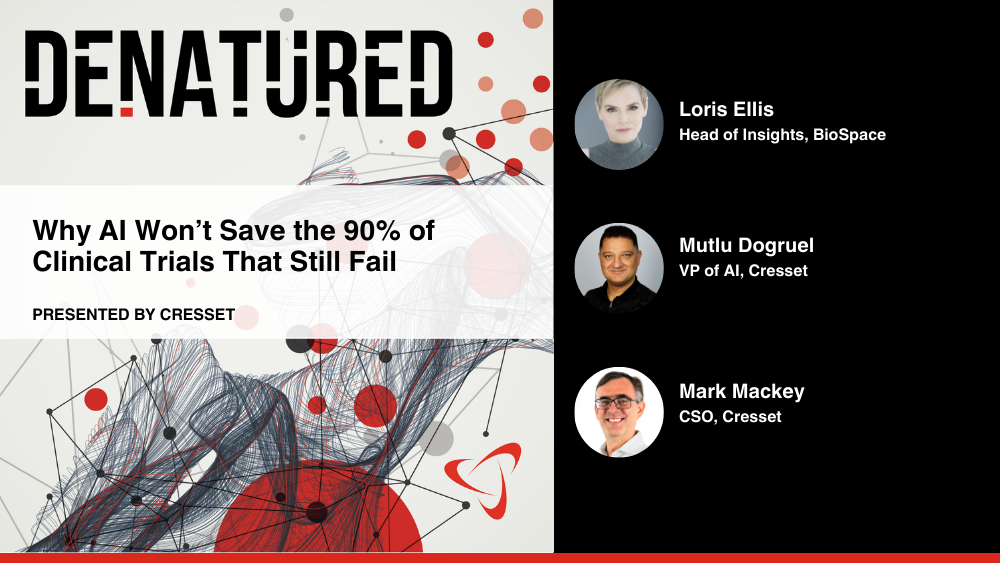The objective of the project consortium is the development of a prophylactic and therapeutic DNA vaccine against visceral leishmaniasis in humans, a severe and often fatal infectious disease. To this end the consortium will develop a MIDGE®-based vaccine for humans, evaluate its immunogenicity in human cell culture systems, its efficacy in animal models, and establish its safety in standardised preclinical studies. By the end of the 3-year project, the consortium will be ready to conduct clinical trials of a new advanced and broadly applicable vaccine with proven safety and efficacy.
Besides MOLOGEN, the consortium includes partners with extensive experience in leishmaniasis research and vaccine development as well as clinical research institutions.
MOLOGEN will be collaborating with experts from Germany, India, Israel, Tunisia and the UK. MOLOGEN's role in the project will be the optimization of the vaccine and its production as well as the conduction of pre-clinical safety tests.
Leishmaniasis is among the key indications of MOLOGEN's development program for MIDGE®-based DNA vaccines (further information on MIDGE® at the end of the document).
A MIDGE®-based DNA vaccine against leishmaniasis in companion animals is currently being examined in an advanced clinical development program, conducted by an undisclosed leading US animal health company.
"Leishmaniasis is a severe emerging disease with high medical need. The development of an effective and safe vaccination for humans using MOLOGEN's proprietary MIDGE® technology could represent a breakthrough in fighting the disease", said Dr Matthias Schroff, Chief Executive Officer of MOLOGEN AG. "The funding provided by the 7th European Research Framework Programme is a tremendous contribution to achieving this goal."
About leishmaniasis
Leishmaniasis is a parasitic disease, often fatal, caused by parasites of the genus Leishmania, transmitted by phlebotomine sandflies.
With high prevalence, leishmaniasis occurs in regions of subtropical and Mediterranean climate. The World Health Organisation (WHO) has classified leishmaniasis as a neglected disease. According to WHO, 12 million people are infected by leishmaniasis. The annual incidence is estimated at 1 to 1.5 million new cases of cutaneous leishmaniasis and 0.5 million cases of visceral leishmaniasis (severe form in which the parasites have migrated to the liver and spleen). Several multinational research programs have been set up to develop new, more effective therapeutic agents and vaccines.
About the research consortium
The partners of the research consortium, led by a world expert in leishmaniasis vaccines Dr Farrokh Modabber, LSHTM, UK, have independently developed specific programs aiming at tools to treat and control leishmaniasis. All the partners have been selected for the complementary expertise and their capacity to embrace all the aspects of a leishmaniasis vaccine development.
The consortium incorporates the following partners:
- London School of Hygiene & Tropical Medicine (LSHTM), UK - Project Coordinator
- MOLOGEN AG, Germany
- Charité - Universitaetsmedizin Berlin, Germany
- Indian Institute for Chemical Biology, India
- Institute Pasteur de Tunis, Tunisia
- Hebrew University of Jerusalem, Israel
- Rajendra Memorial Research Institute, India
About MIDGE®
In biotechnology, delivery vehicles for the transmission of nucleic acids (primarily DNA) are called vectors. The MIDGE® (Minimalistic Immunogenically Defined Gene Expression) technology developed by MOLOGEN is also described as a DNA vector. In contrast to other DNA vectors (plasmids, viruses), the MIDGE® vector only contains the information necessary for the actual action. It is free of undesirable structures that are only used for the manufacturing process.
MIDGE® created the basis for a broad spectrum of modern DNA-based applications. These vectors are designed with a variety of individualized properties and are exceptionally well suited both for gene therapy against cancer as well as for DNA-based vaccination against infectious diseases.
About MOLOGEN
MOLOGEN AG, a biopharmaceutical company based in Berlin, specializes in the research and development of innovative medicines based on DNA structures (DNA: deoxyribonucleic acid). Its patented DNA-based technology platforms MIDGE® and dSLIM® form a universal foundation with a wide range of possible applications. Activities focus on product developments for the treatment of cancer and vaccines for serious infections in humans and animals. MOLOGEN was founded in 1998 and was the first German biotechnology company to go public. MOLOGEN AG shares are listed in the General Standard of Deutsche Börse (ISIN DE 0006637200).
Disclaimer concerning prognoses
Certain statements in this communication contain formulations or terms referring to the future or future developments, as well as negations of such formulations or terms, or similar terminology. These are described as forward-looking statements. In addition, all information in this communication regarding planned or future results of business segments, financial classification numbers, developments of the financial situation, or other financial or statistical data contains such forward-looking statements. The company cautions prospective investors not to rely on such forward-looking statements as certain prognoses of actual future events and developments. The company is neither responsible nor liable for these forward-looking statements. It is not responsible for updating such information, which only represents the state of affairs on the day of publication.




